
PUMPA - SMART LEARNING
எங்கள் ஆசிரியர்களுடன் 1-ஆன்-1 ஆலோசனை நேரத்தைப் பெறுங்கள். டாப்பர் ஆவதற்கு நாங்கள் பயிற்சி அளிப்போம்
Book Free Demo3. Incineration:
Incineration is the burning of non-biodegradable solid wastes (medical wastes) in a properly constructed furnace known as an incinerator at very high temperatures.
"Incineration" refers to the process of converting a substance to ash by burning it at a very high temperature (greater than 1000°C).
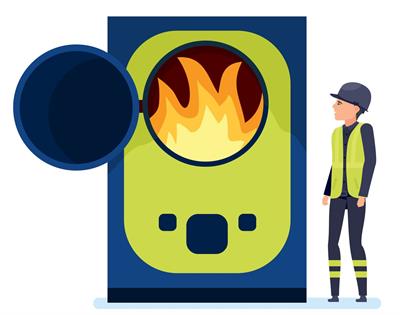
Incinerator
4. Composting:
Biodegradable matter of solid wastes is digested or broken down by microbial action or earthworms and converted into humus.
Composting is the process where biodegradable wastes are converted into compost and used as manures by burying them in compost pits or bins.
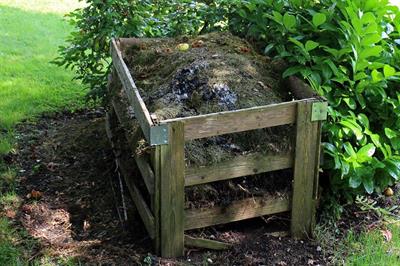
Organic waste turned into compost.
When earthworms act on the organic wastes to degrade them, the process is called vermicomposting.
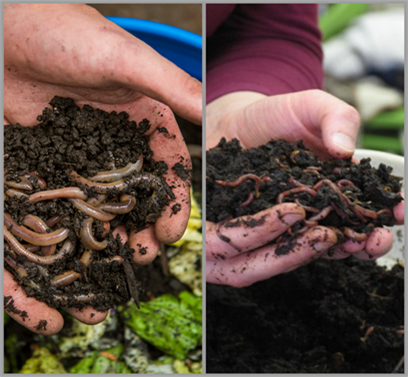
Vermicomposting
Recycling of wastes:
- Papers from old books, magazines, notebooks and newspapers are recycled to produce recycled papers in paper mills.
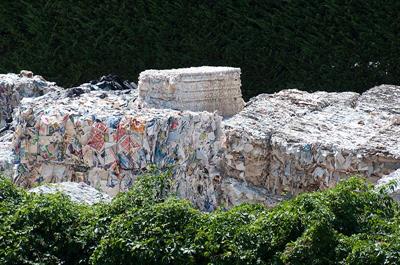
Paper recycling
- Agricultural wastes such as coconut shells, jute cotton stalks, and sugarcane bagasse can be used to produce paper and hardboard. Paddy husk can be utilised as livestock fodder.
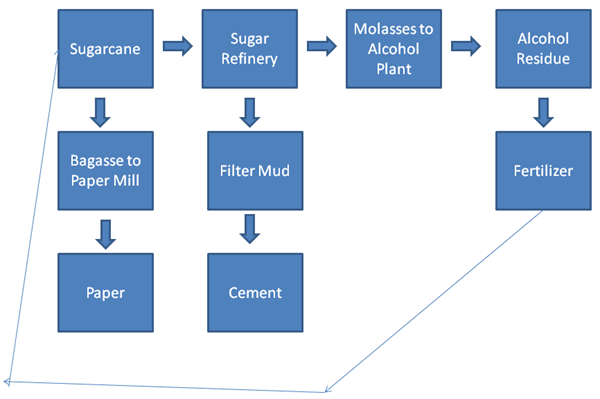
Sugarcane bagasse used for producing paper
- Cowdung and other biodegradable or organic wastes can be used in a gobar gas plant to produce biogas and manure for fields. Biogas energy may be utilised for cooking, heating, and providing power to several machineries.
4R Approach:
The 4R approach, such as Reduce, Reuse, Recovery, and Recycle, may be followed for effective waste management.
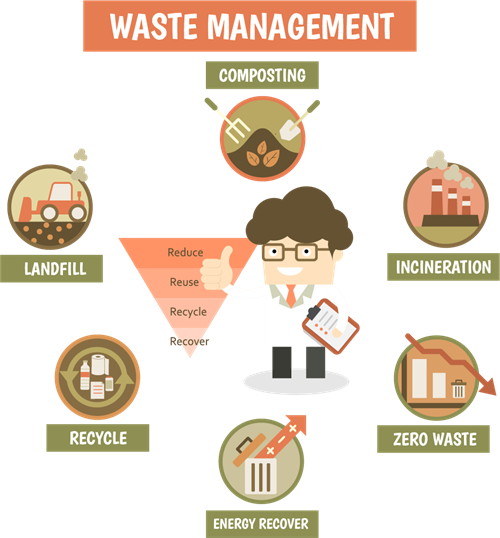
4R Principle
Reference:
https://commons.wikimedia.org/wiki/File:Paper_recycling_in_Ponte_a_Serraglio.JPG
https://upload.wikimedia.org/wikipedia/commons/6/60/Guitang_Group_Material_Flow.png